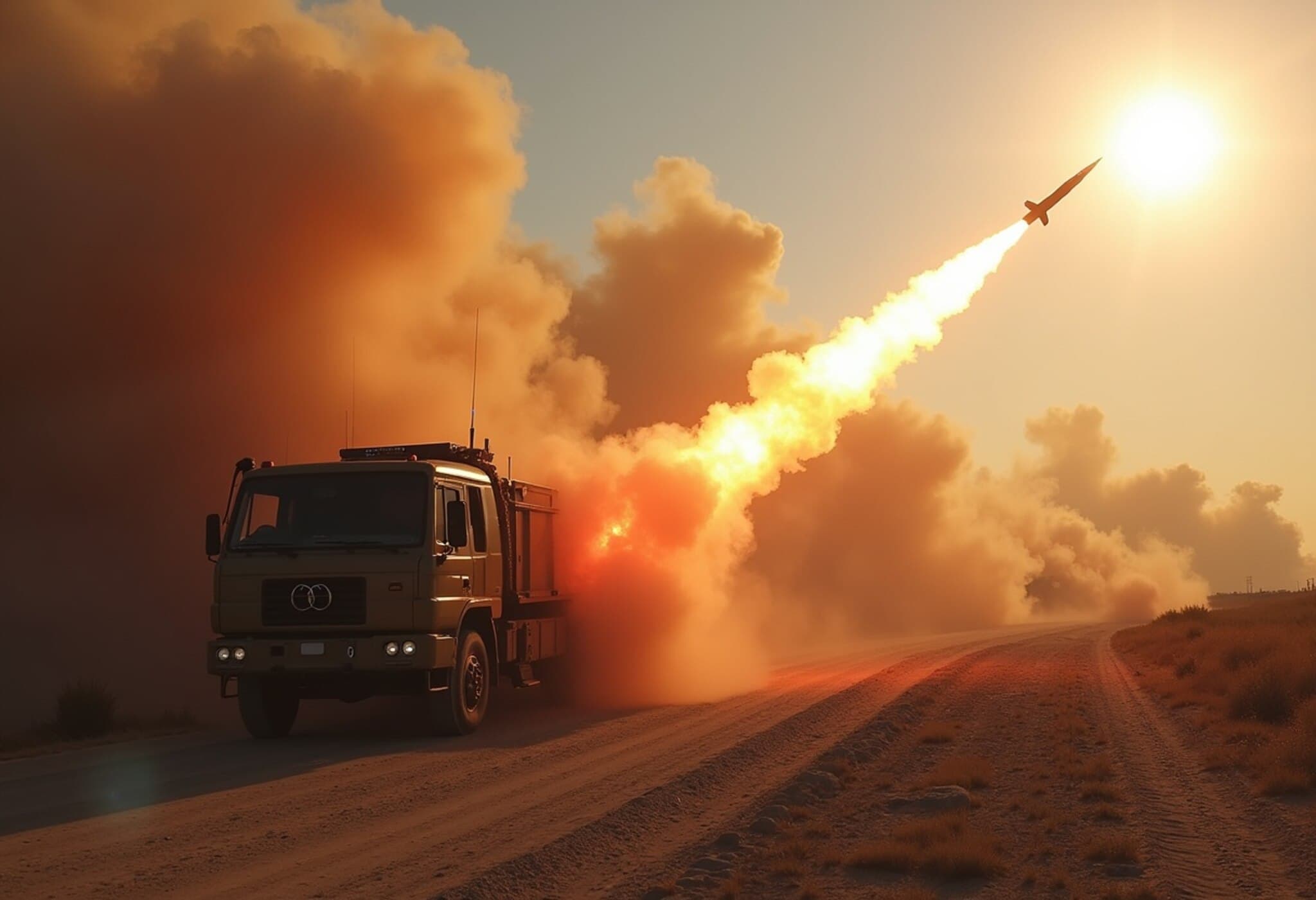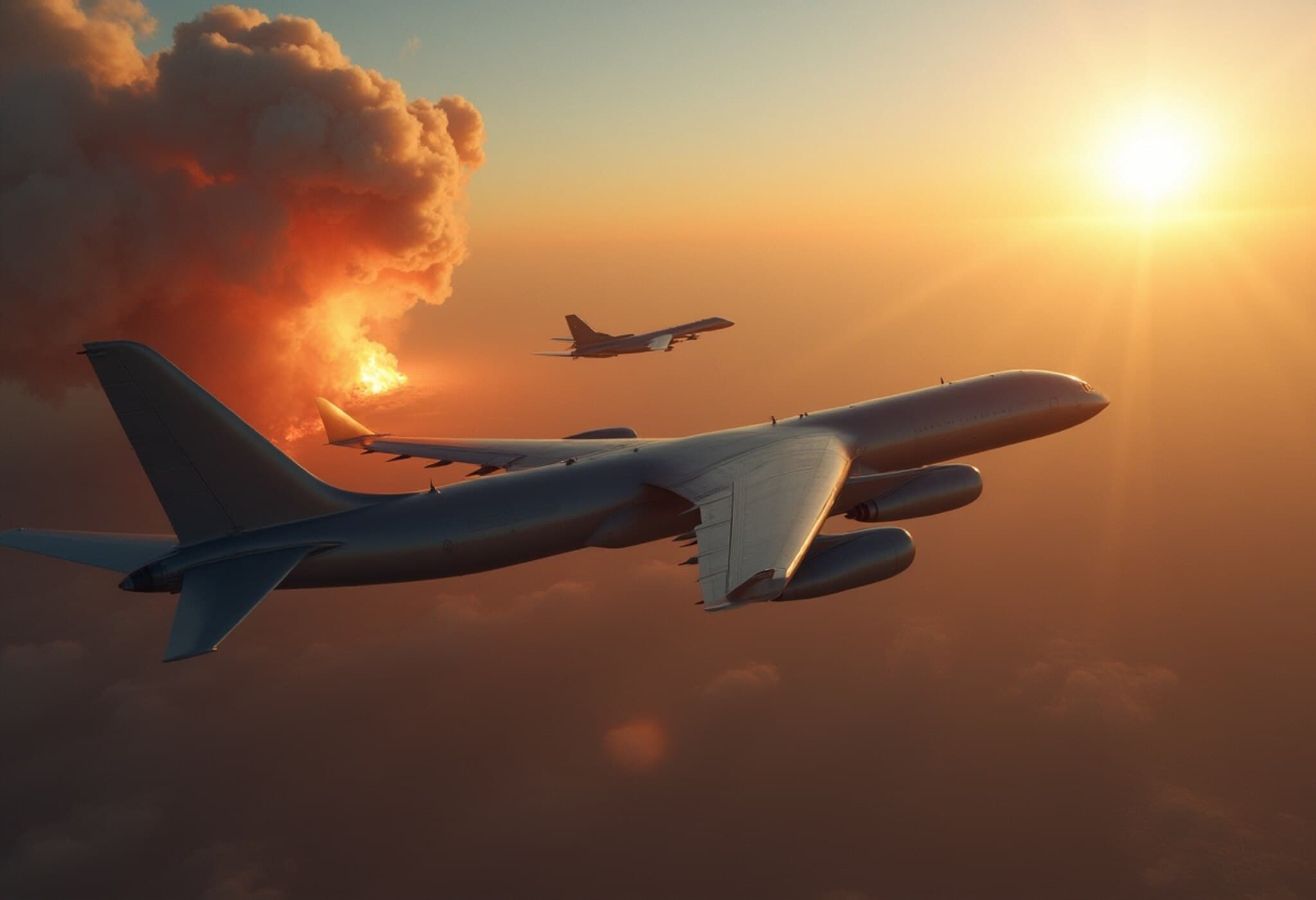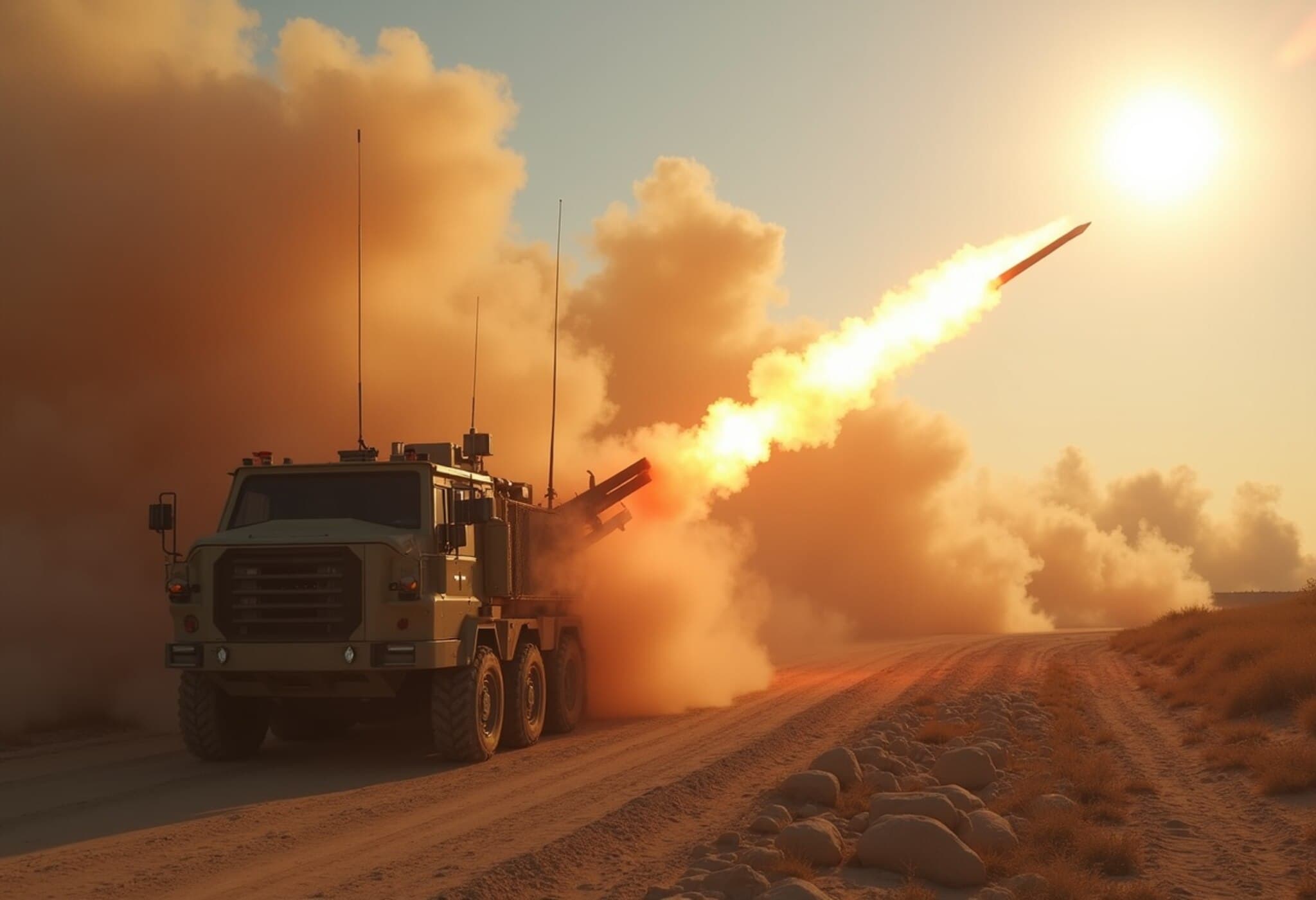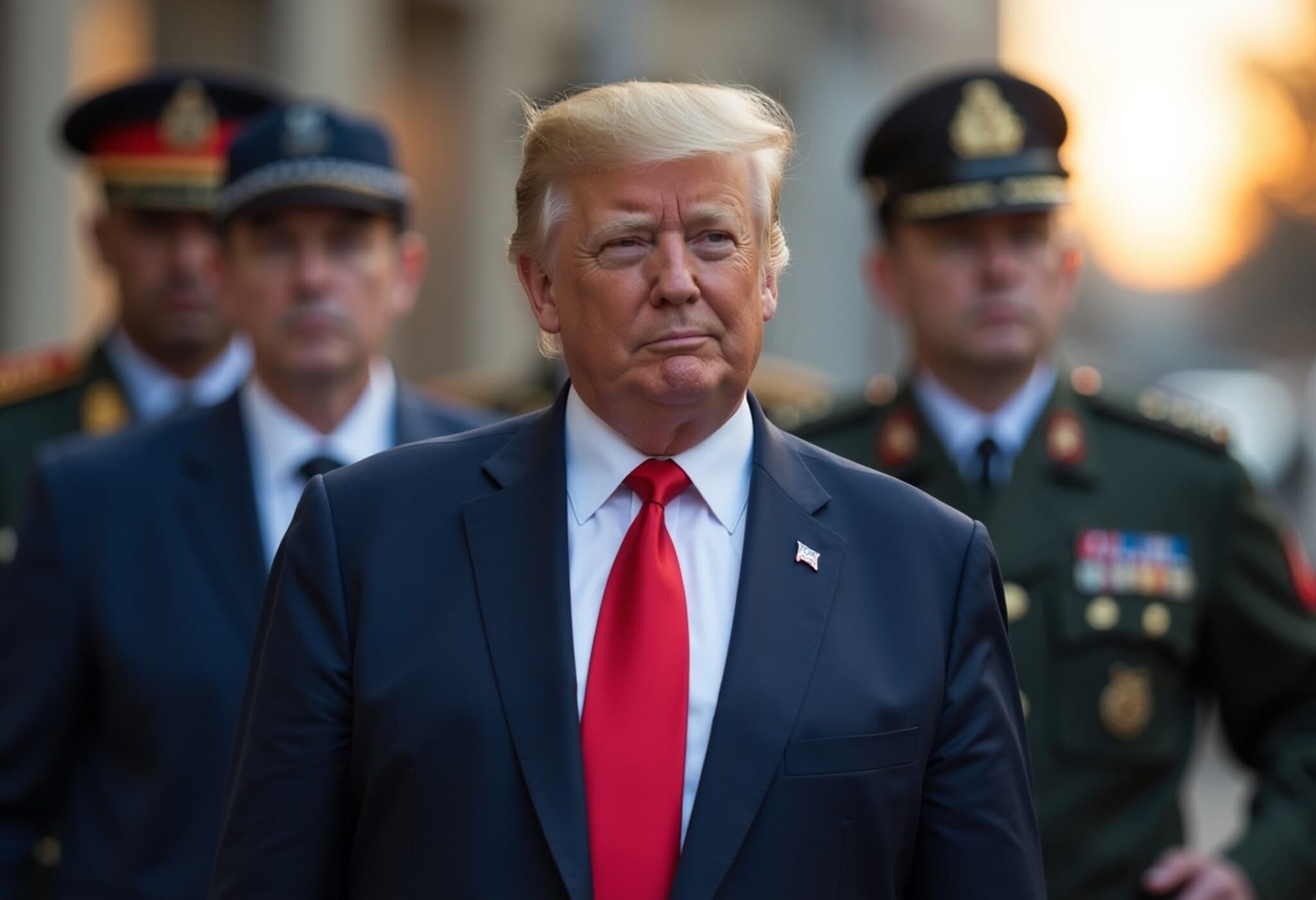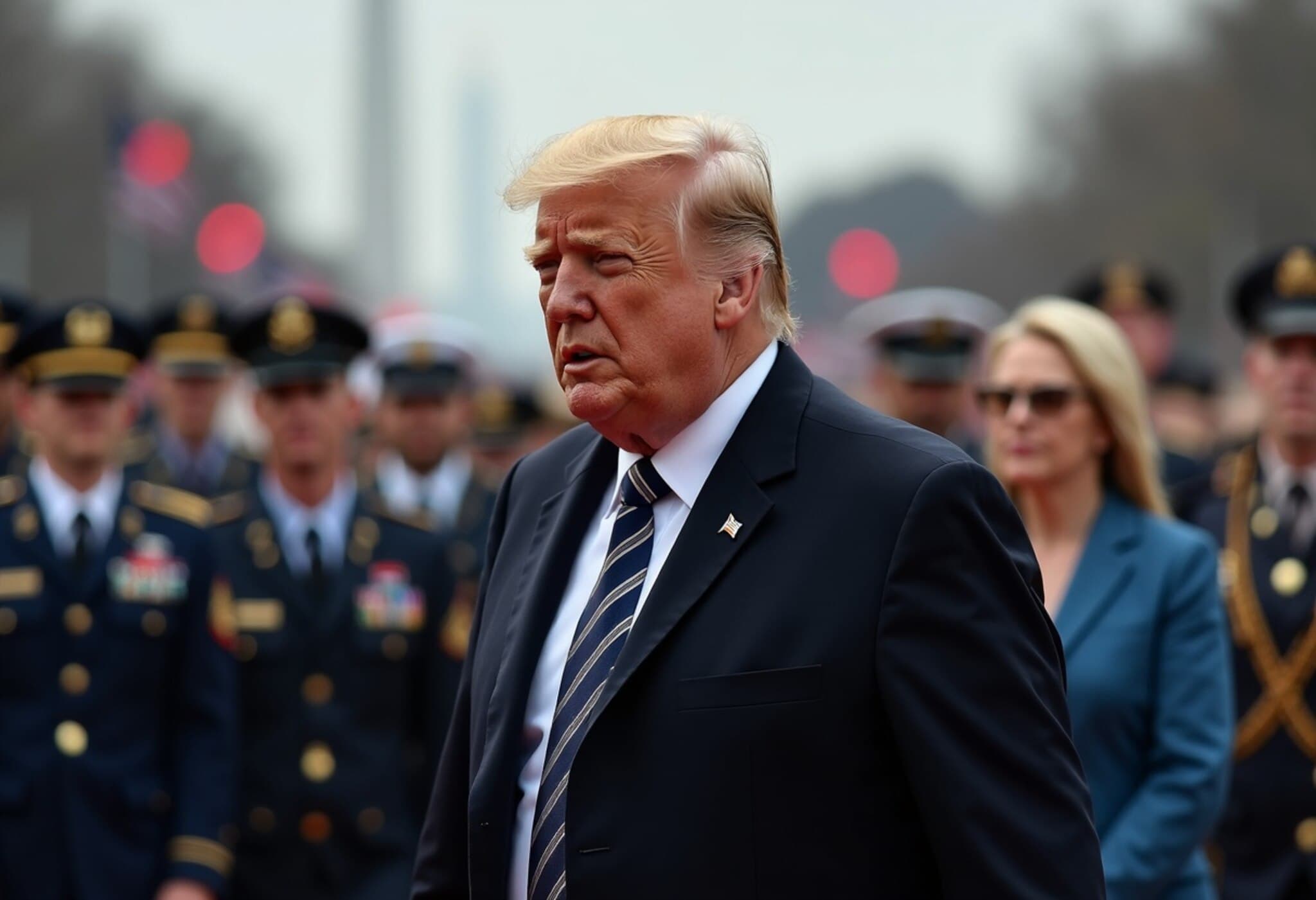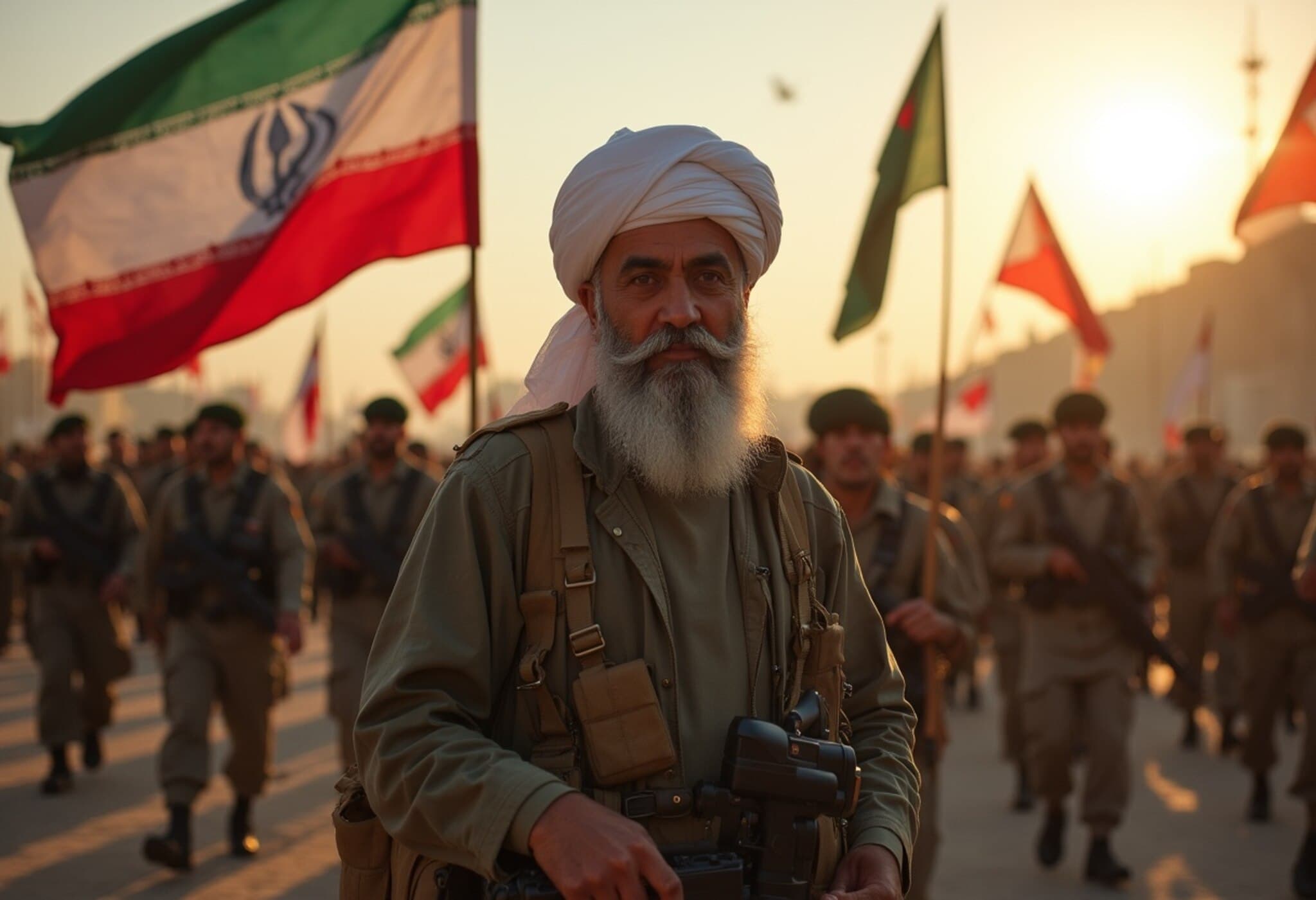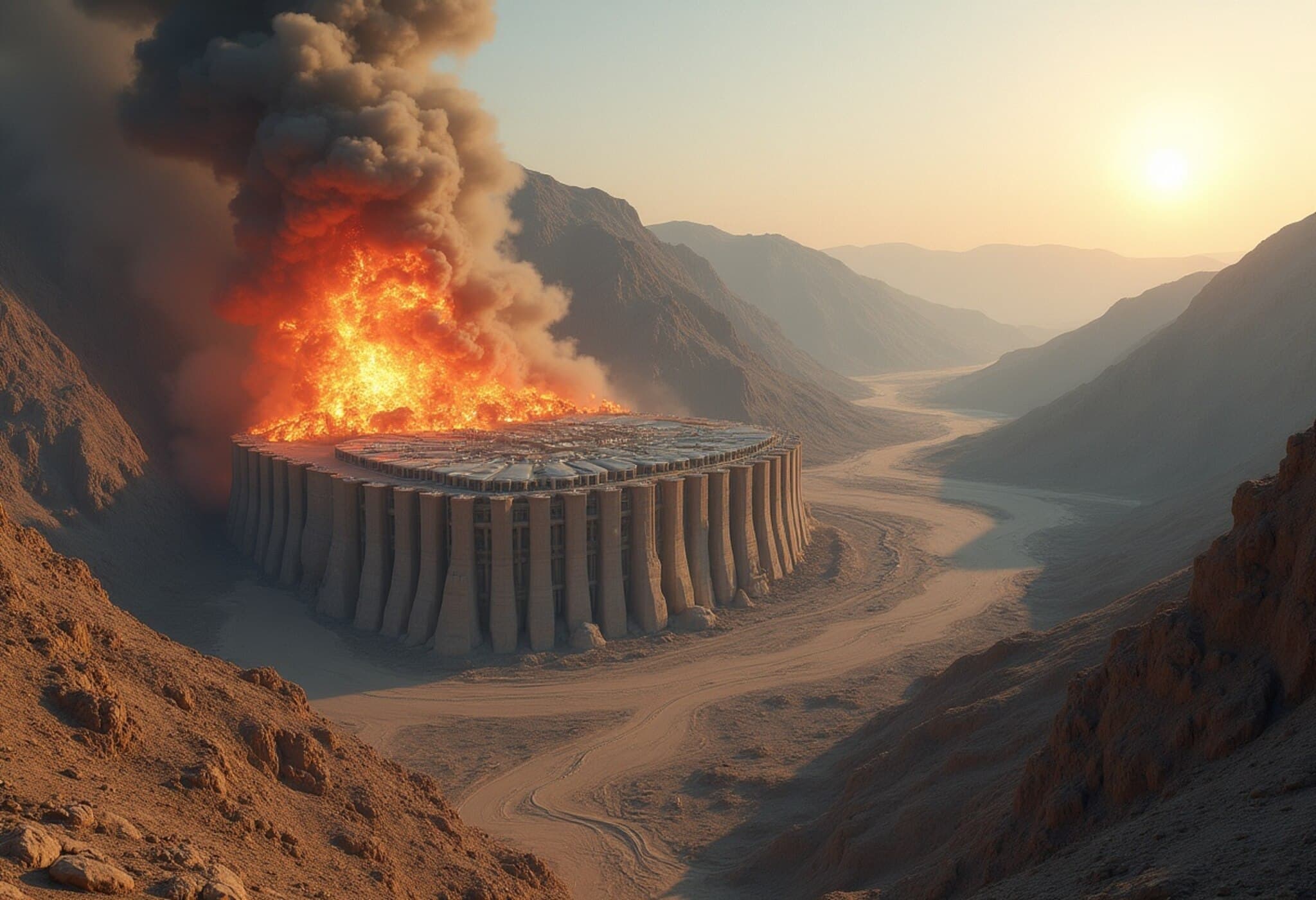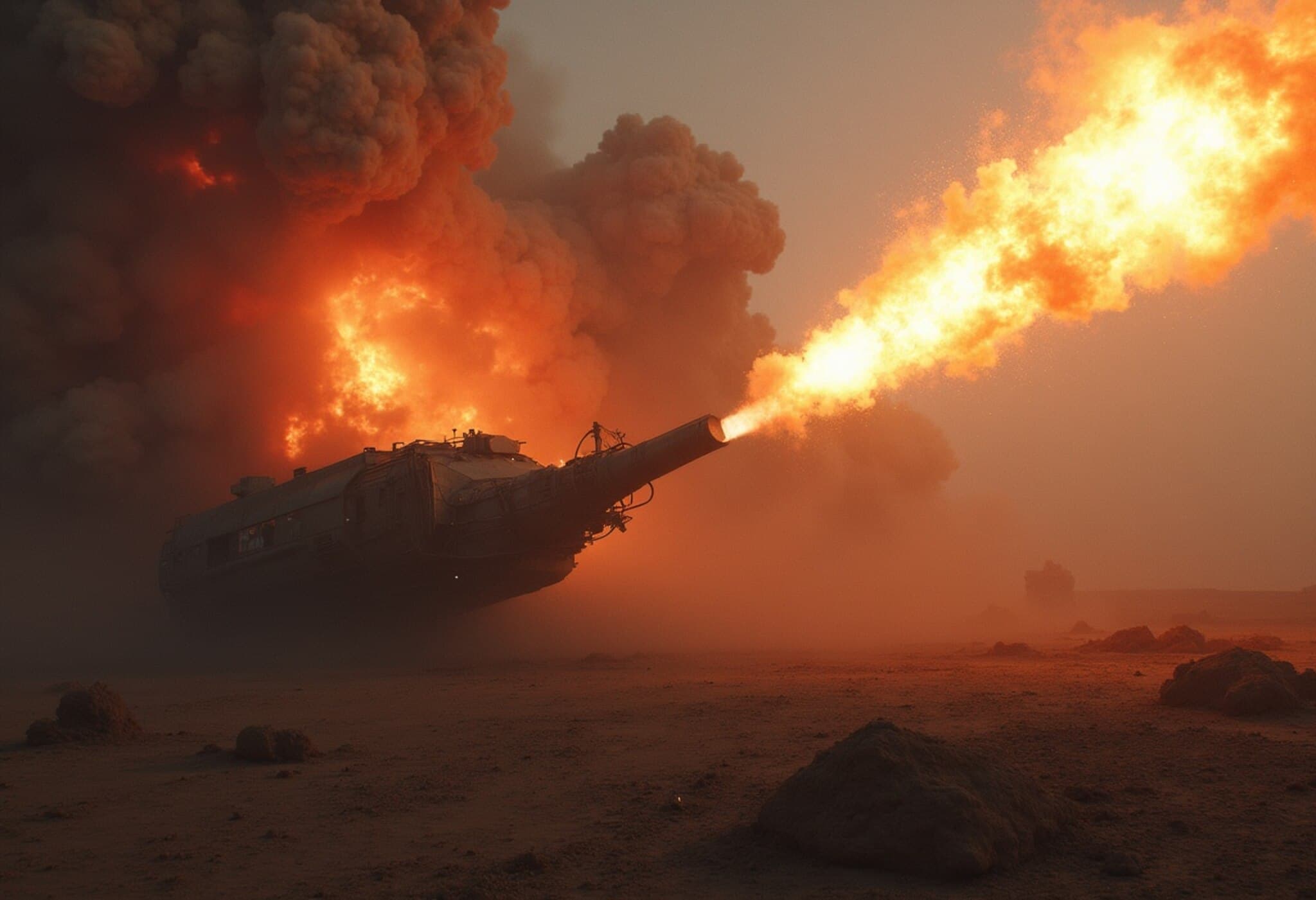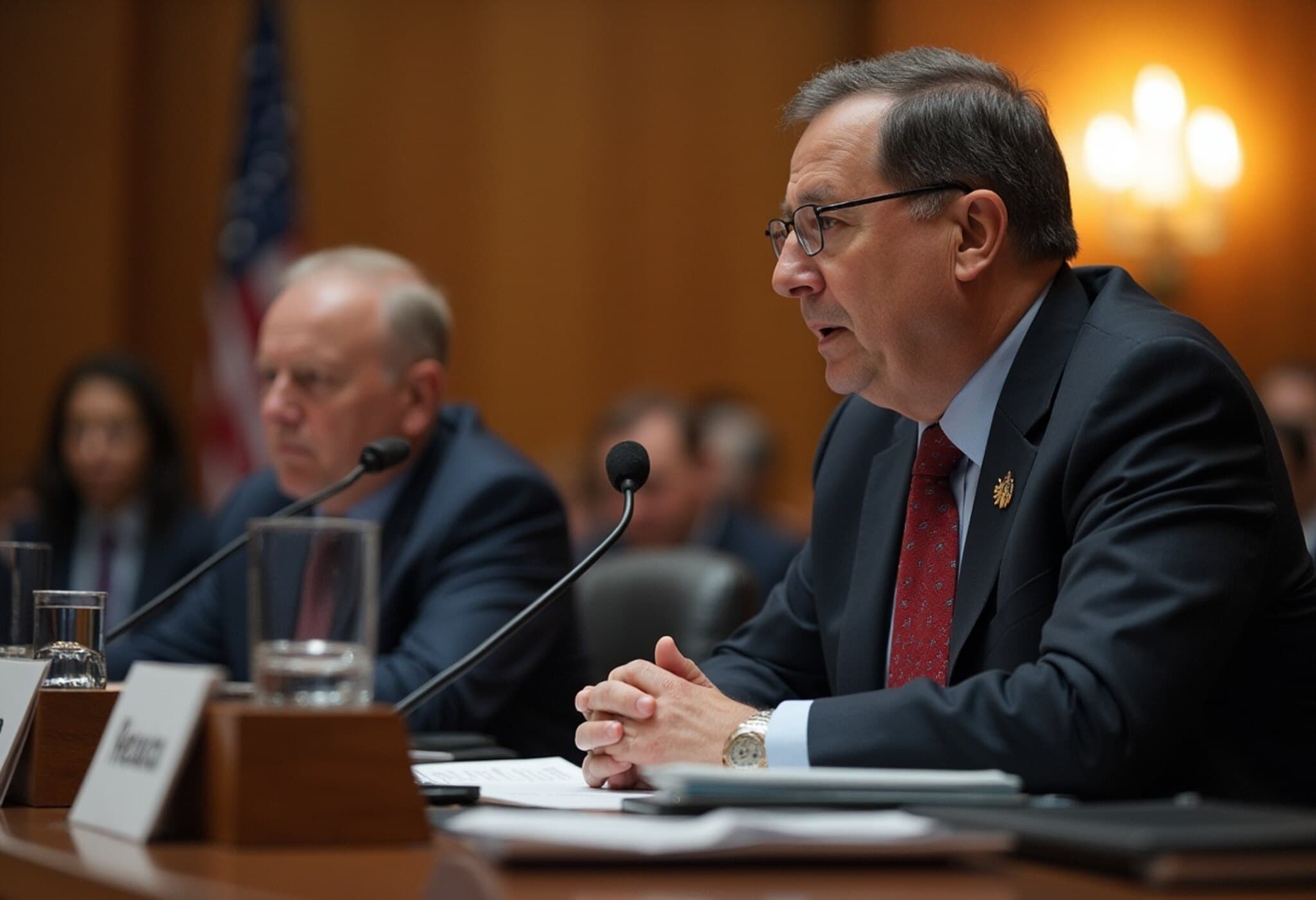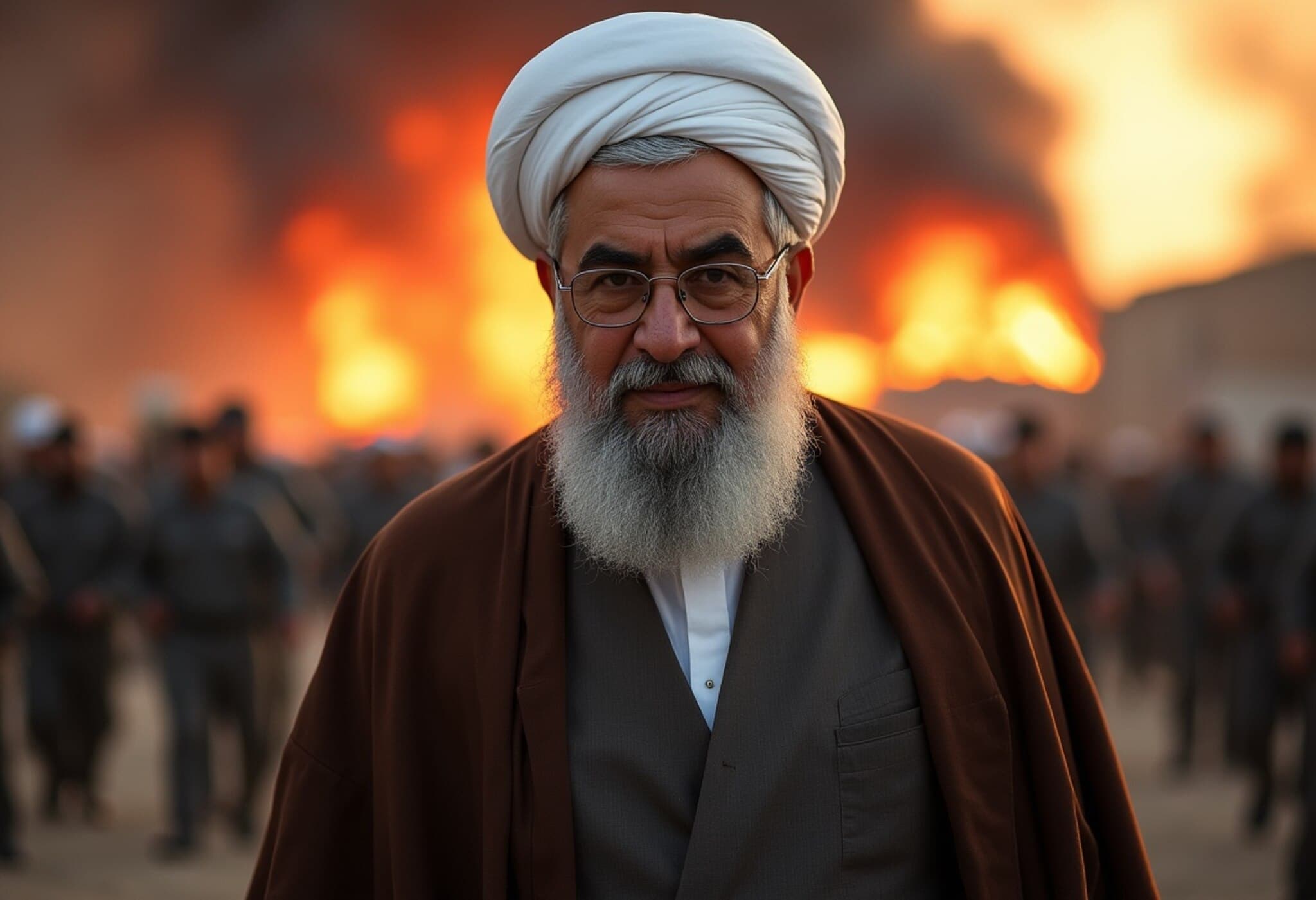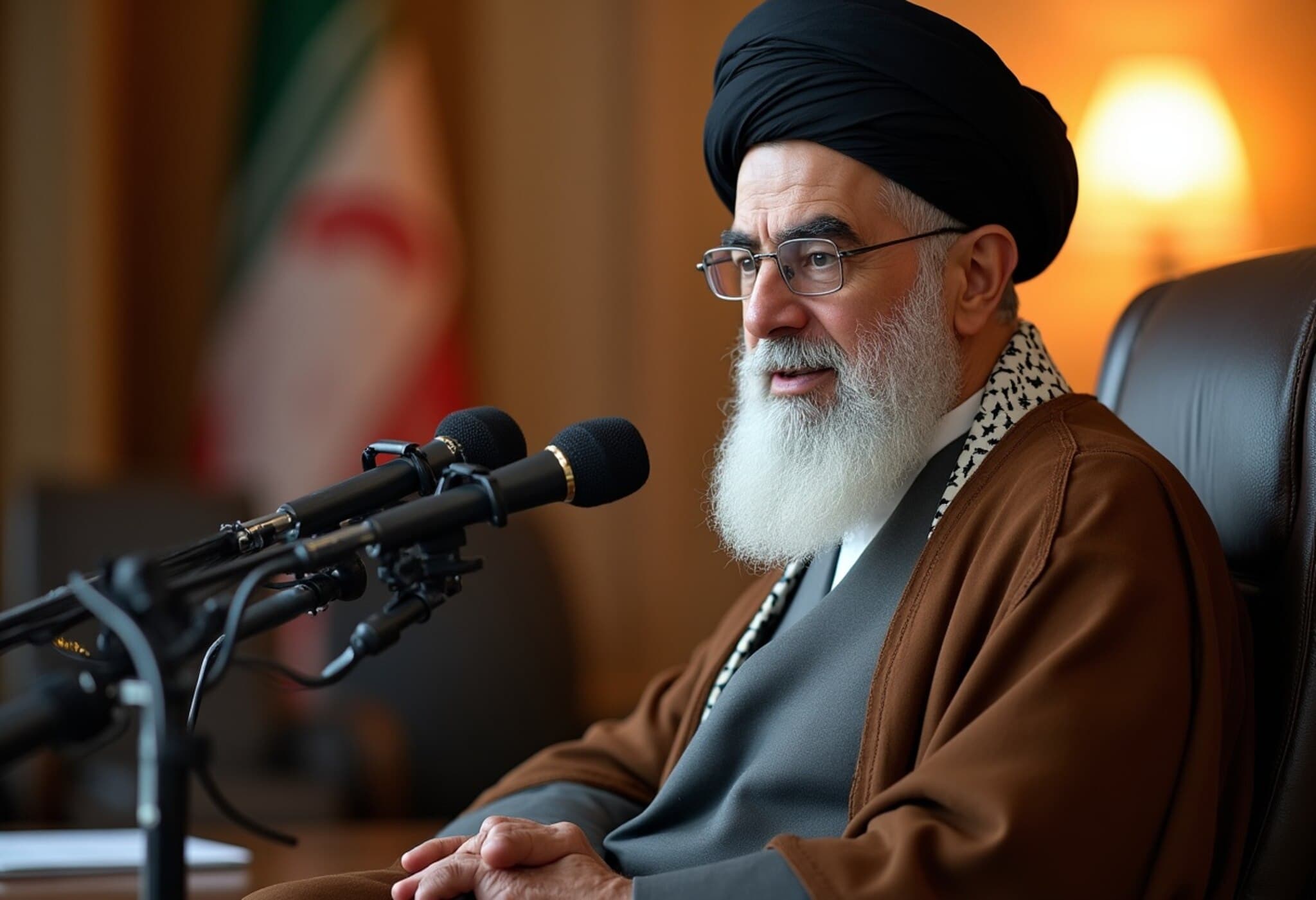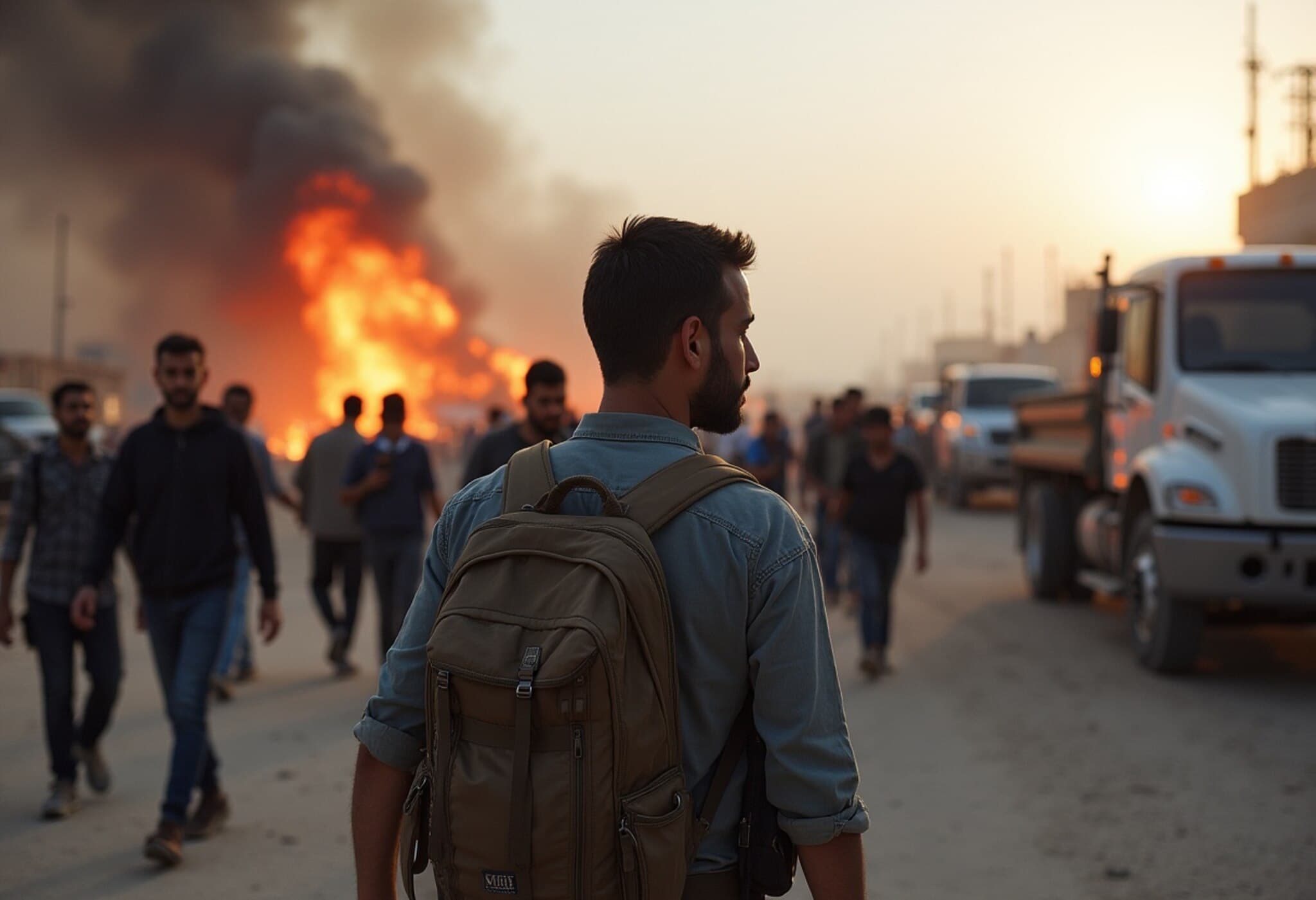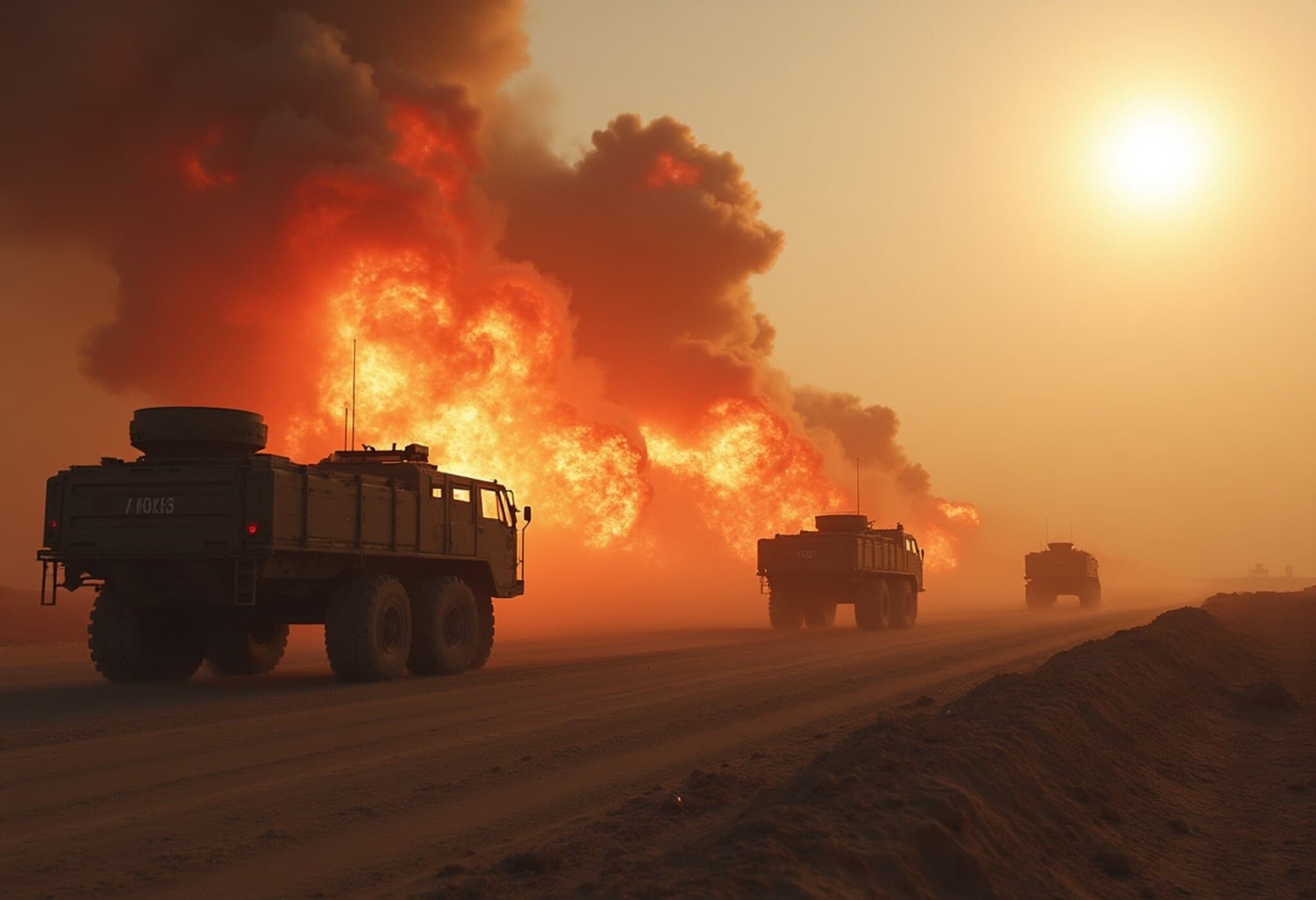US ‘Doomsday Plane’ Touches Down at Joint Base Andrews Amid Iran Conflict
As geopolitical tensions with Iran escalate, one of the United States’ most critical airborne assets, the “doomsday plane,” made a strategic arrival in Washington, fueling speculation about potential military moves. The E-4B Nightwatch, designed to sustain operations during worst-case scenarios, landed at Joint Base Andrews on Tuesday evening after departing from Louisiana.
What Exactly Is the ‘Doomsday Plane’?
The E-4B Nightwatch is a specially modified Boeing 747 serving as the National Airborne Operations Center (NAOC). It acts as a flying command post for top US defense and government officials, ensuring uninterrupted command, control, and communication capabilities even in the face of nuclear conflict or other catastrophic events.
- Crew Capacity: Supports up to 112 personnel onboard.
- Range: Can fly more than 7,000 miles without refueling.
- Survivability: Shields against nuclear blasts, cyberattacks, and electromagnetic pulses.
- Communication: Equipped with 67 satellite dishes and antennas, enabling global connectivity.
- Endurance: Capable of staying airborne up to a week with mid-air refueling support.
Engineered to maintain government continuity during emergencies, this aircraft is not only a bunker in the sky but is also armed with facilities to authorize retaliatory missile strikes if necessary.
Rising US-Iran Tensions Spur Strategic Moves
The timing of the E-4B’s arrival aligns with escalated rhetoric and tensions between the US and Iran. President Trump has called for Iran’s “unconditional surrender,” raising alarms amid an intensifying conflict between Iran and Israel. Iran’s Supreme Leader firmly dismissed these demands, declaring that the Iranian people will never capitulate to such threats.
Meanwhile, President Trump has kept the possibility of direct US military involvement against Iran deliberately ambiguous, stating, “I may do it, I may not do it — nobody knows what I'm going to do.” This uncertainty adds to the global anticipation around the US’s next steps in the region.
What the E-4B’s Flight Indicates
The deployment of the E-4B Nightwatch to Joint Base Andrews signals heightened readiness at the highest levels of US defense. Its presence underscores the gravity of the situation and the government’s focus on ensuring command continuity no matter how the crisis unfolds.
With its advanced survivability and communication systems, the doomsday plane remains a vital asset in safeguarding national security during unpredictable global threats.
In an era marked by complex international disputes, the E-4B Nightwatch stands as a silent sentinel—ready to keep America’s leadership connected, resilient, and in control, whatever storms may come.


